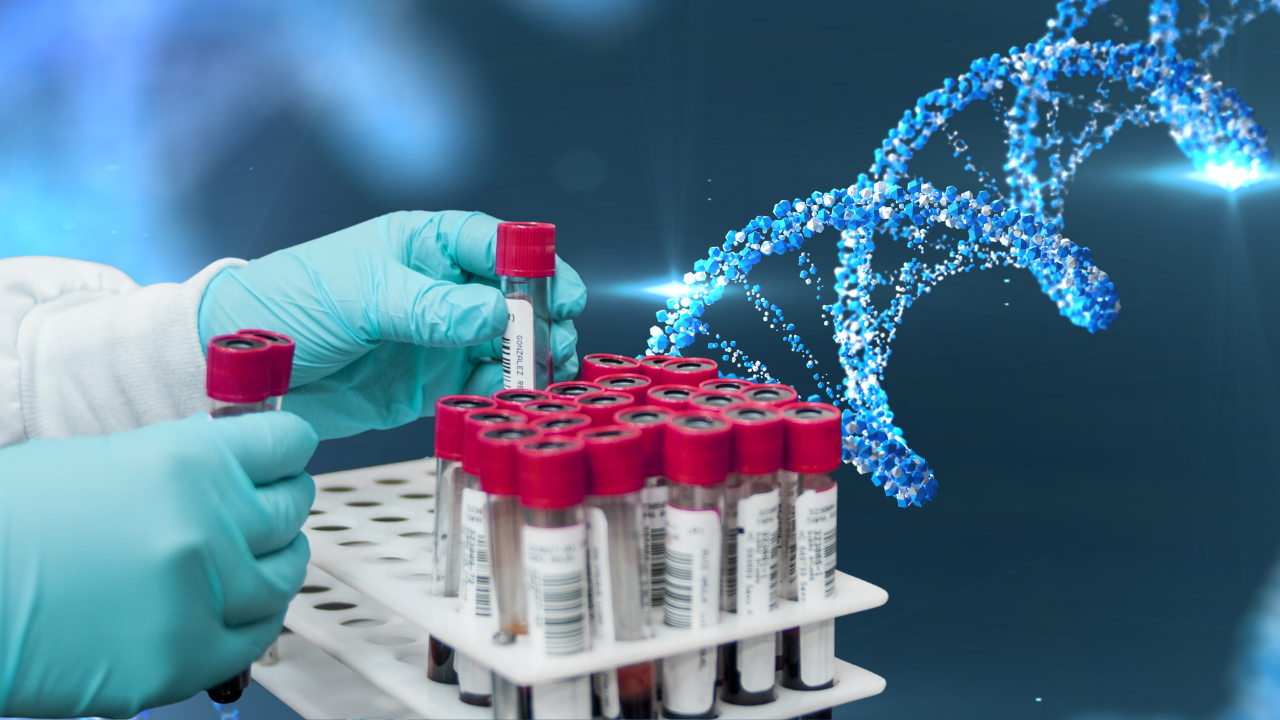Why Are Only Certain People At Risk Of Developing MS? World's First Study Aims To Crack The Code

Credits: Canva
SummaryFor the first time, researchers are using DNA-based genetic profiling to understand why only some people exposed to Epstein-Barr virus go on to develop multiple sclerosis.
End of Article
